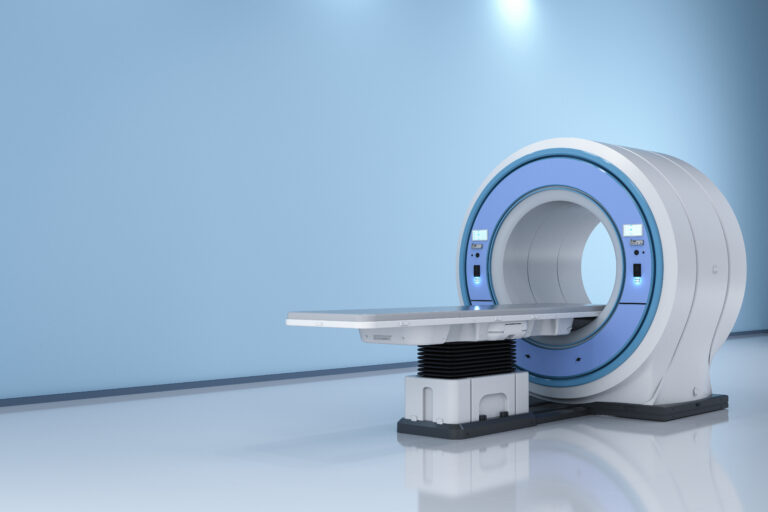Ketamine therapy has become a hot topic in mental health and pain management, but what about its safety and potential use for Alzheimer’s patients? This article will break down what ketamine is, how it works, what we know about its safety, and whether there’s any evidence it could help people with Alzheimer’s disease. Every medical claim will be backed by authoritative sources, so you can trust the information here.
## What Is Ketamine?
Ketamine is a medication that was first developed as an anesthetic. It’s been used safely for decades in surgery and emergency medicine to put people to sleep or manage pain. In recent years, doctors have started using low doses of ketamine to treat depression, especially in people who haven’t gotten better with standard antidepressants. Ketamine works differently from most antidepressants—it targets a brain chemical called glutamate, rather than serotonin or dopamine[3]. There’s also a version called esketamine, which is given as a nasal spray and is FDA-approved for certain types of depression[4].
## How Does Ketamine Affect the Brain?
Ketamine is known as a “dissociative anesthetic,” which means it can make people feel detached from their body or surroundings. At higher doses, it can cause hallucinations or a dreamlike state. At lower doses, it seems to have rapid effects on mood, sometimes lifting depression within hours, which is much faster than traditional antidepressants[3]. Scientists think ketamine helps “reset” certain brain circuits, but the exact way it works is still being studied.
## Is Ketamine Safe?
When used in controlled medical settings, ketamine is generally considered safe for most people. The most common side effects are dizziness, nausea, and sometimes hallucinations, but serious side effects are rare when the drug is given by trained professionals[2]. In studies of chronic pain, more than 90% of patients completed their treatment, and side effects were mostly mild[2]. However, ketamine can cause more serious problems like changes in blood pressure, breathing issues, or, in rare cases, bladder problems with long-term use. It’s also a controlled substance, which means it has the potential for abuse if not used properly[8].
## Ketamine for Depression: What Does the Evidence Say?
Recent large studies have questioned how much extra benefit ketamine really offers for depression. One major trial found that repeated ketamine infusions did not work better than a placebo (a dummy treatment) when added to standard hospital care for people with severe depression[1][3]. The researchers noted that many patients could guess whether they were getting ketamine or a placebo, which might have made the placebo effect stronger and made ketamine seem more effective than it really is[1]. This shows how important it is to have well-designed studies before deciding if a treatment truly works.
## Ketamine and Alzheimer’s Disease: Is There Any Evidence?
Here’s the key point: There is no strong evidence that ketamine is safe or effective for treating Alzheimer’s disease. Most of the research on ketamine has focused on depression, chronic pain, and, more recently, movement disorders like Parkinson’s disease[5]. Alzheimer’s is a completely different condition, involving memory loss, confusion, and changes in behavior. The brain changes in Alzheimer’s are complex and not well understood, and there’s no clear scientific reason to think ketamine would help.
No major clinical trials have tested ketamine in Alzheimer’s patients. The few studies that mention ketamine and dementia are usually about using it to calm agitated patients in emergencies, not as a regular treatment. There’s also concern that the side effects of ketamine—like confusion, hallucinations, or changes in blood pressure—could be especially risky for older adults with Alzheimer’s, who may already have memory problems or other health issues.
## What About Other NMDA Receptor Drugs?
Ketamine works by blocking NMDA receptors in the brain. There is some interest in drugs that target these receptors for Alzheimer’s, because abnormal glutamate signaling might play a role in the disease. However, most research in this area is still in early stages. For example, a new drug called Ketamir-2, which also acts on NMDA receptors, is being studied for neuropathic pain, not Alzheimer’s[6]. There’s no evidence yet that these drugs can slow or reverse Alzheimer’s symptoms.
## Risks for Older Adults
Older adults, especially those with Alzheimer’s, are often more sensitive to medications. They may be more likely to experience side effects like confusion, falls, or heart problems. Ketamine’s effects on blood pressure and mental state could be dangerous in this group. There’s also the risk of drug interactions, since many Alzheimer’s patients take multiple medications.
## The Bottom Line
Ketamine is not approved for Alzheimer’s disease, and there’s no good evidence it helps with memory loss or other symptoms of dementia. While it’s being studied for depression and pain, those conditions are very different from Alzheimer’s. The safety of ketamine in older adults with dementia has not been established, and the potential risks—especially confusion and falls—could outweigh any possible benefits.
If you or a loved one has Alzheimer’s and are considering ketamine or any new treatment, it’s important to talk to a doctor who specializes in dementia care. They can help you understand the risks and benefits, and make sure any treatment is tailored to the individual’s needs.
## Sources
[1] Neuroscience News, “Ketamine Fails to Outperform Placebo in Major Depression Trial,” 2025.
[2] Medical Xpress, “Ketamine found to be safe, effective for chronic pain,” 2025.
[3] News-Medical.net, “Repeated ketamine infusions offer no extra benefit for people hospitalized with depression,” 2025.
[4] Mass General Brigham, “Study Finds Two Forms of Ketamine Therapy Can Reduce Symptom Severity in Severe Depression,” 2025.
[5] Investing News, “PharmaTher Advances Phase 3 FDA Package for Ketamine in LID Parkinson’s Disease,” 2025.
[6] Psychiatric Times, “The Psychiatric Pipeline in Review: Quarter 3, 2025.”
[8] PMC, “The Hennepin Healthcare Forced Ketamine Studies, Excited Delirium, and Deaths in Police Custody,” (lists side effects of ketamine).





